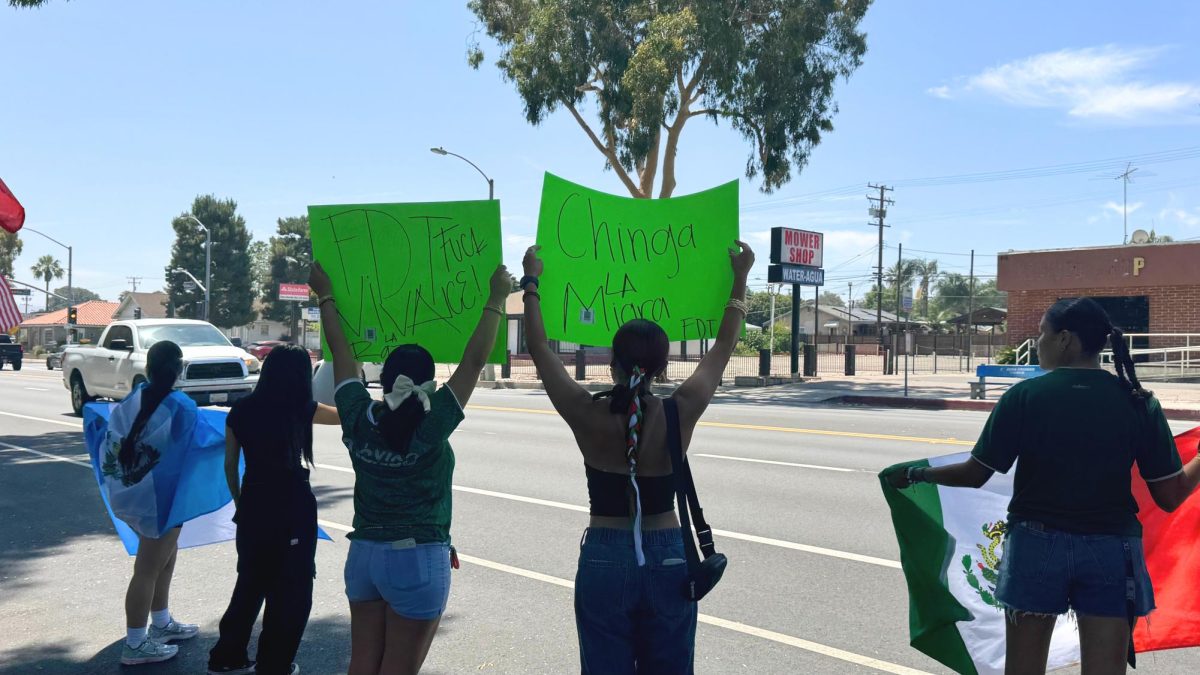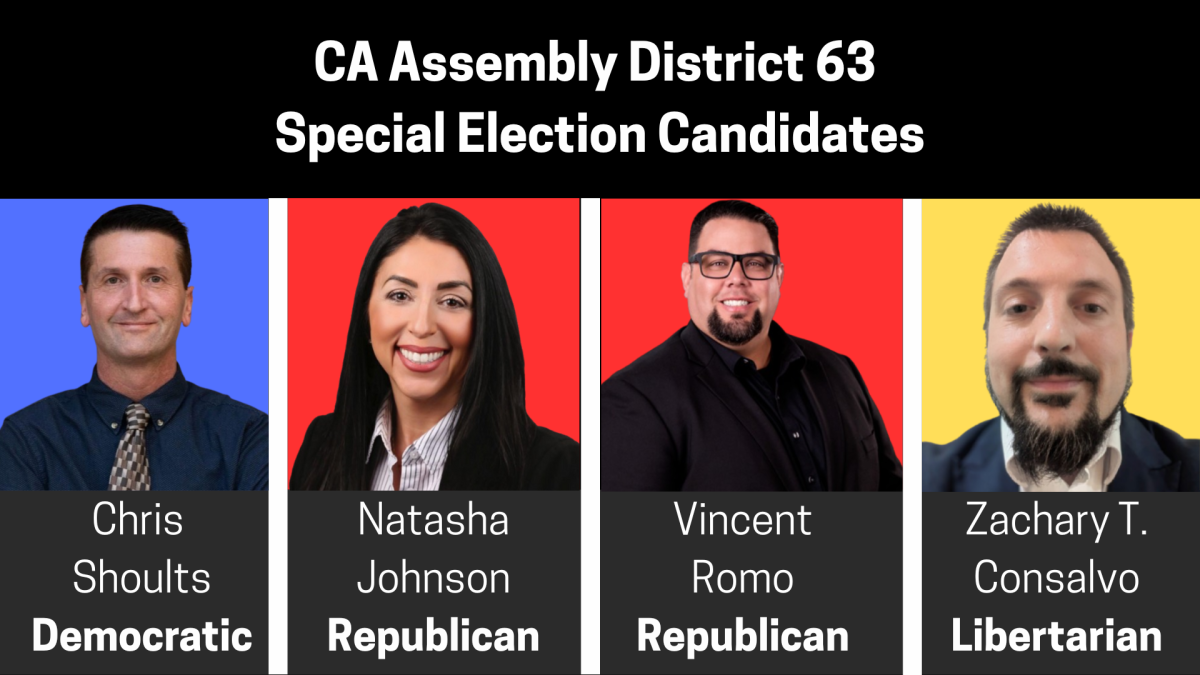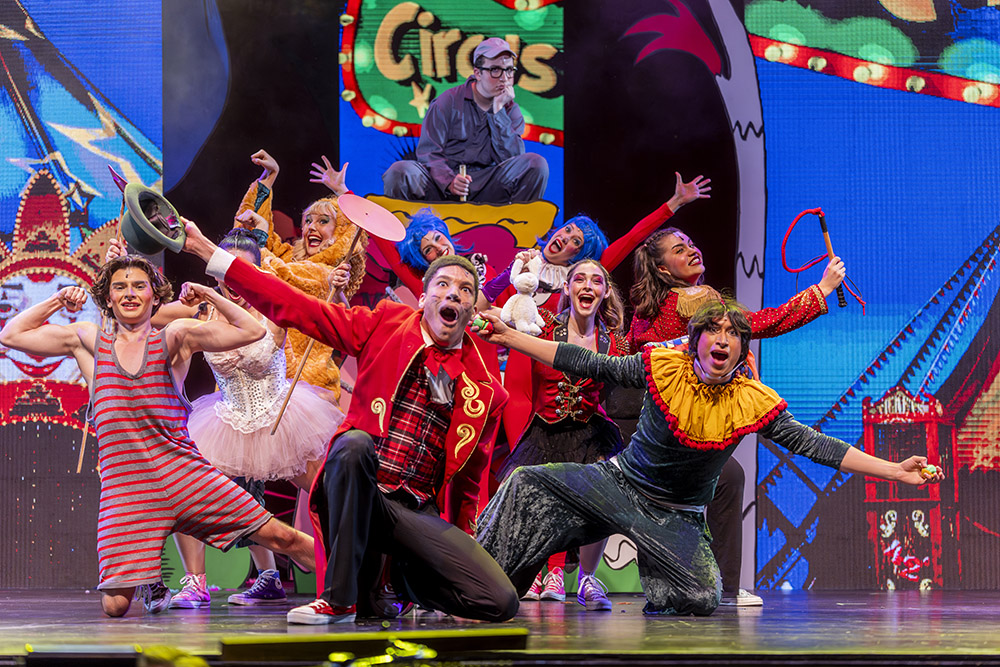Written by Jackie Mora
Man-hating angry women who don’t shave is the stereotype some people envision when they hear the word feminist.
By definition, feminism is none of those things but it is the belief and aim that women should have the same rights and opportunities as men. The idea that women should not be discriminated against or violated because of their gender.
Charlene Mejia, president of Feminists Unite on campus, said she felt that it was important to revive the inactive club this semester.
“It just makes me happy having a feminist club on campus,” Mejia said. “It’s so much fun reaching out to somebody about something you’re passionate about.”
Some argue that a new wave of feminism is unnecessary. Mejia has received some criticism when people discover that she is a feminist. She shared that their responses ranged from confusion to people making rape and sexist jokes.
Mejia started to become interested in feminist issues when she recognized gender based inequity in her own family.
“I feel like a lot of Hispanic families, they are really traditional and they hold on to gender roles,” Mejia said. “Men are the breadwinners and the women, they cook and they clean and do housework … I think it’s really harmful to people.”
The club recently hosted a movie screening of the film “Iron Jawed Angels,” which depicts activists of the women’s suffrage movement striving to win the right to vote for American women.
“People are like, ‘Well, you already got the right to vote what else is wrong?’” Mejia said.
She shared that having events like this are productive because they create a space for discussion. After the movie, students stayed to talk about things they didn’t understand regarding feminism and share their own opinions and experiences.
Feminism is also being discussed and debated among celebrities, politicians and people via social media.
Some protests such as the Facebook page “Women Against Feminism”, include photos of women holding up their anti-feminist manifestos.
Some of the reasons for their anti-feminist stance are, “Feminism promotes making men our enemies. Men are not our enemies.” Another post read “I don’t need to grow out my body hair to prove I’m equal to men.”
Actress and United Nations Women Goodwill Ambassador Emma Watson launched her “HeForShe” campaign last September. She delivered her speech at UN headquarters addressing the issue of gender inequality and is lauded for her campaign being one of the more progressive and inclusive of the movement.
Watson’s campaign promotes awareness of the issues of unequal wages for women, women having the right to make decisions about their bodies and having more female representation in politics. Most importantly she stresses how men also suffer from archaic gender stereotypes and how they play a vital part in achieving equality between men and women.
“I want men to take up this mantle,” Watson said in her speech to the audience at her event. “So their daughters, sisters and mothers can be free from prejudice but also so that their sons have permission to be vulnerable and human too—reclaim those parts of themselves they abandoned and in doing so be a more true and complete version of themselves.”
In October, Gov. Jerry Brown signed one of the strongest equal pay laws in the country, Senate Bill 358, written by Sen. Hannah-Beth Jackson.
The California Fair Pay Act aims to ensure that women are paid equally for work that is substantially similar to the work of their male colleagues. It will also prohibit retaliation against employees who discuss or ask about pay at work.
In 2013, a woman in California working full-time made a median 84 cents to every dollar a man earned, according to the Equal Rights Advocates.
For Latina and African-American women, the wage gap is significantly greater. Latinas in California suffer the largest wage gap in the nation making only 44 cents for every dollar a Caucasian man makes. African-American women are only paid 64 cents on the dollar.
“I want to thank the Governor for his support and for signing this bill into law,” Jackson said. Equal pay isn’t just the right thing for women, it’s the right thing for our economy and for California. Families rely on women’s income more than ever before. Because of the wage gap, our state and families are missing out on $33.6 billion dollars a year. That money could be flowing into families’ pocketbooks, into our businesses and our economy.”
Lena Dunham, creator, writer and star of the television show “Girls”, interviewed Hillary Clinton for the September issue of her e-newsletter, “Lenny.” Dunham asked Clinton if she was a feminist.
“Yes. Absolutely,” said Clinton in her interview with Dunham. She also said that she is puzzled when women, especially young women don’t want to associate with feminism. “ … that doesn’t mean you hate men. It doesn’t mean that you want to separate out the world so that you’re not part of ordinary life,” Clinton said.
“That’s not what it means at all! It just means that we believe women have the same rights as men, politically, culturally, socially, economically. That’s what it means.” Clinton told Dunham. “And if you don’t believe that about yourself as a woman, please, go ask yourself: Why? What is holding you back?”













